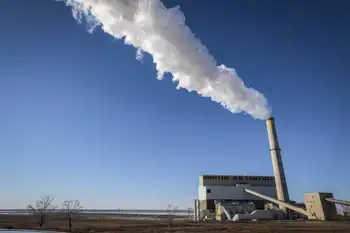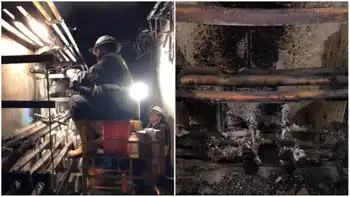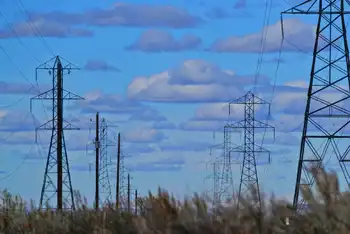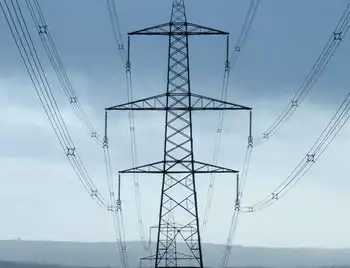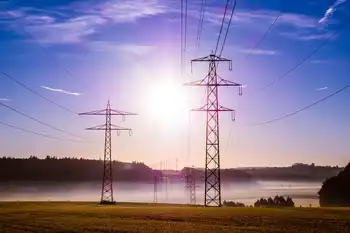Congress should stand by cap-and-trade: Hayward
By Business Week
Substation Relay Protection Training
Our customized live online or in‑person group training can be delivered to your staff at your location.

- Live Online
- 12 hours Instructor-led
- Group Training Available
“I profoundly believe that a cap-and-trade mechanism is the only way we will solve the emissions issue,” Hayward said today in a speech at the Peterson Institute for International Economics in Washington.
The U.S. House of Representatives narrowly passed cap-and- trade legislation last year that would regulate companies responsible for 85 percent of U.S. greenhouse-gas emissions through a system where pollution rights could be bought and sold. The legislation, which later stalled in the Senate, favored the electricity industry over the oil companies that produce transportation fuels like gasoline, Hayward said.
London-based BP, Europe’s biggest oil company, is “cautiously optimistic” that the U.S. Senate will revamp the cap-and-trade legislation to provide “a much more equitable approach between the power sector and the transport sector,” he said.
A group of senators led by Massachusetts Democrat John Kerry has started revamping the legislation in an effort to win bipartisan support. Kerry, who is working with South Carolina Republican Lindsey Graham and Connecticut independent Joseph Lieberman, is still negotiating with other senators on the content of the proposal and hasnÂ’t released details.
One plan being discussed would limit the cap-and-trade program to the electricity industry and charge oil companies a fixed fee for their greenhouse gases, Senator Mary Landrieu, a Louisiana Democrat, said earlier this month.
Under the House-passed bill, oil companies would be forced to buy most of the emission allowances they need at government- run auctions or through the carbon market, while the electricity industry receives a number of free pollution rights.
A cap-and-trade program for power plants and a carbon fee for oil companies “would certainly be a way of achieving an equitable, level playing field for carbon,” Hayward told reporters after the speech.
He declined to endorse the fixed-fee proposal. The company will review what legislation “emerges from the process” in the Senate before deciding what it will support, he said.
Any greenhouse gas policy set by the U.S. government should promote the production and use of natural gas over coal, Hayward said.
U.S. energy companies are ramping up production of natural gas by using a drilling technique called hydraulic fracturing, which involves high-pressure injections of water and chemicals into shale formations. The gas deposits in shale formations are expected to account for 50 percent of U.S. gas supply by 2035, up from 20 percent today, according to a March 10 study from IHS Cambridge Energy Research Associates Inc.
When used to generate electricity, natural gas produces roughly half the carbon dioxide of coal, according to Energy Information Administration data.
“Gas offers the greatest potential to achieve the largest CO2 reduction at the lowest cost and in the shortest time,” Hayward said.
The U.S. Environmental Protection Agency said it will begin a study on hydraulic fracturing to determine its effect on “human health and the environment.” U.S. House Energy and Commerce Committee Chairman Henry Waxman, a California Democrat, has also asked eight energy companies including Halliburton Co. and Schlumberger Ltd. to provide information on the chemicals used in hydraulic fracturing.
Organizations including the Environmental Working Group and Environment America have called for the EPA to develop additional regulations for hydraulic fracturing to ensure the drilling technique doesnÂ’t taint drinking-water supplies.
The American Petroleum Institute has said the “safe and well understood” practice is already regulated by state governments.
The current regulation of hydraulic fracturing should stay in place, Hayward said.
“Experience tells us that it’s much more practical and efficient to do it at the state level rather than the federal level,” he said.





